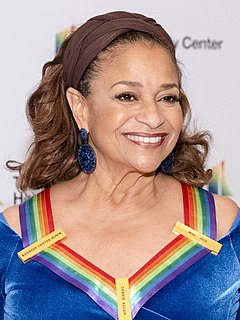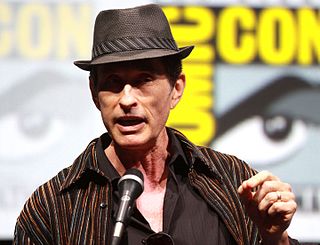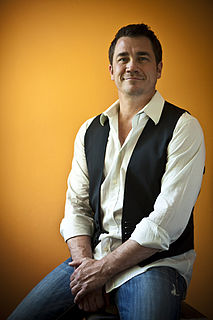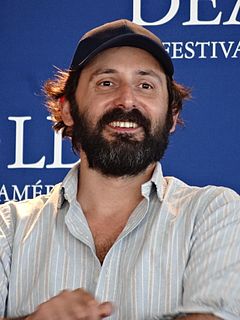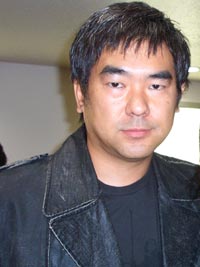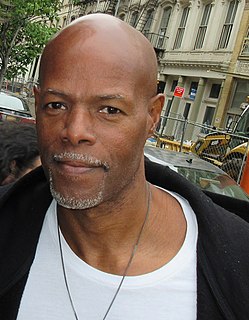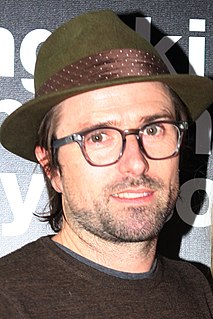A Quote by Debbie Allen
That's the only way I can control my movie. If you shoot everything, then everything is liable to end up in the movie. If you have a vision, you don't have to cover every scene.
Related Quotes
All my cuts are always about three hours, at the start, mainly because any scene in the movie that's 90 seconds, I probably shot a five-minute version of. If you just extrapolate that through the whole movie, I have a very long version of every scene, usually because, if there's one funny joke, I'll shoot five because I don't know if the one I like is going to work. I'll get back-ups because my biggest fear is to be in previews, testing the movie, and a joke doesn't work, but I have no way to fix it because I have no other line.
When you're working with film, you can only shoot one angle at a time, and then everything has to stop, and you re-light it and shoot everything else from the opposite side, so it's really important that you stick exactly to what's written. But with the multi-camera digital setup, you're getting both sides of the scene at the same time, so it gives you that freedom to go off-book.
We shot every scene of mine in the entire movie in five days. All my coverage, everything. I left. They went back and shot everybody else around me. Insane. The part [Billie in Crazy Six] called for a handsome, coiffed cool guy romantic lead, and I showed up like you see him in the movie. And they let me do it.
When you shoot a scene, you remember every moment. You remember when your head went down, your head went up. You don't see little quirks, little eye movements, little lip movements. Once again, you become completely vain when you're watching it in a way that you weren't when you were shooting it. And the vanity, what it makes you focus on are everything that has nothing to do with the scene and everything to do with your own ego.
I find music the the clearest and easiest way in to what a movie will feel like - more so than visual references or other movies or dense dossiers of research material. Every now and then I'll send a piece of music or two to people I'm working with - actors or heads of department - when I think it'll help them get a sense of the kind of movie I'm proposing. Often those pieces will end up in the movie - sometimes they won't.
